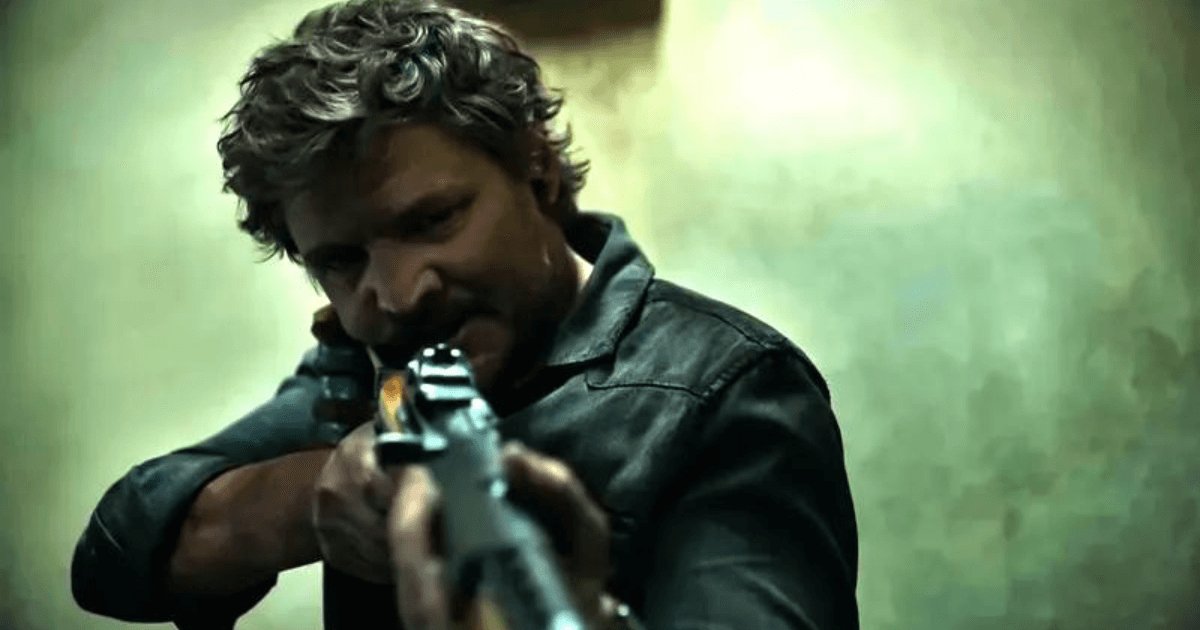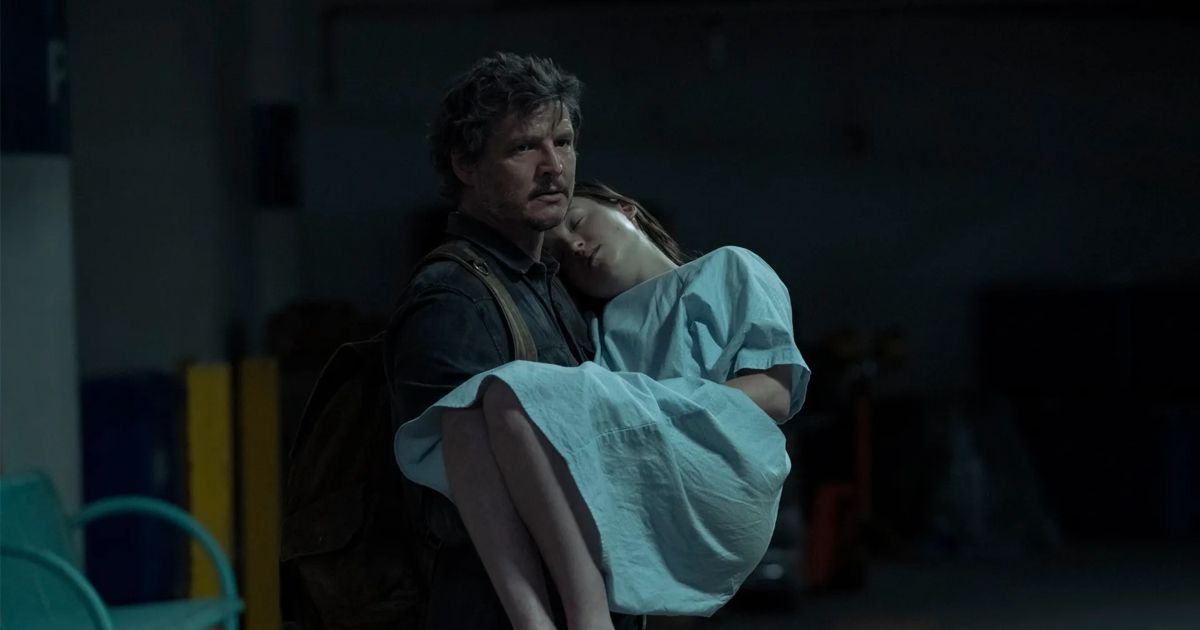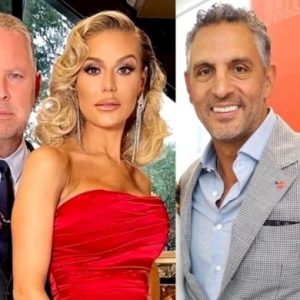
The riveting series of The Last of Us left audiences around the globe spellbound with its explosive season 1 finale. The show’s central character, Joel, faced the crucible. In the episode, Joel had a grueling decision to make. He would either let the doctors operate on Ellie which could help them find a cure for mankind. The said operation, however, would lead to the young one’s death.
Torn between losing Ellie and saving humanity, Joel chooses to save Ellie. Joel, portrayed by Pedro Pascal, would then embark on a brutal rampage against those who would harm her. Later on, Joel would conceal the truth from Ellie.
The showrunner, Craig Mazin, discussed this highly debated choice on the Happy Sad Confused podcast. The choice to save Ellie by violently eliminating anyone in the way has polarized fans. While some argue that Joel should have given Ellie a choice, others support his actions. Mazin posits that people are inclined to support violent actions when they are in agreement with the objectives.
He believes that many parents would make the same decision if they were in Joel’s shoes. Mazin also mentions that the show aims to make the audience reflect on Joel’s decision and question their initial reactions.
Dissecting Joel’s Heart-Wrenching Choice in The Last of Us

An intriguing comparison is drawn between Joel’s actions and Clint Eastwood’s character in the 1992 film Unforgiven. Like Joel, Eastwood’s character was a worn-down man who reverts to his former violent ways to protect those he cares about. This comparison was not accidental.
Mazin revealed that Unforgiven was often discussed during the development of The Last of Us. The idea of a protector releasing their inner fury when necessary resonated with the creators.
Mazin further delves into the psychology behind Joel’s actions, drawing parallels with how individuals perceive paternal figures. He explains that people have a complex love and fear relationship with father figures. On one hand, there’s a desire for the father figure to be a protector, punishing those who are disliked with unrelenting force.
Conversely, there’s a fear of that same unstoppable power being wielded against oneself. The narrative is also interwoven with elements of Western religion, wherein the paternal figure is both merciful and wrathful.
Mazin concludes by reiterating that Joel’s central purpose in The Last of Us is to be a father who protects his child. The character of Joel is depicted as a shattered man whose life is given meaning through his determination to protect Ellie.
This redemption through violence, and the portrayal of a father figure willing to go to any lengths for his child, is part of what drew Mazin to the story.
However, the lingering question remains – did Joel make the right decision? His instinct to save Ellie was born out of the deep bond they forged throughout their journey. It’s important to note that there was no guarantee that Ellie’s sacrifice would have definitively led to a cure. Moreover, Ellie wasn’t given the choice to decide her own fate.
This expertly executed finale with its moral quandaries exhibits the qualities that make for timeless storytelling. The tapestry of human emotion, paternal instincts, and the age-old debate of the greater good vs. individual life, are all entwined in a beautifully tragic crescendo, leaving viewers eagerly awaiting the next season.





